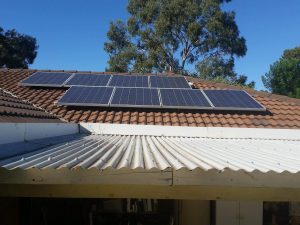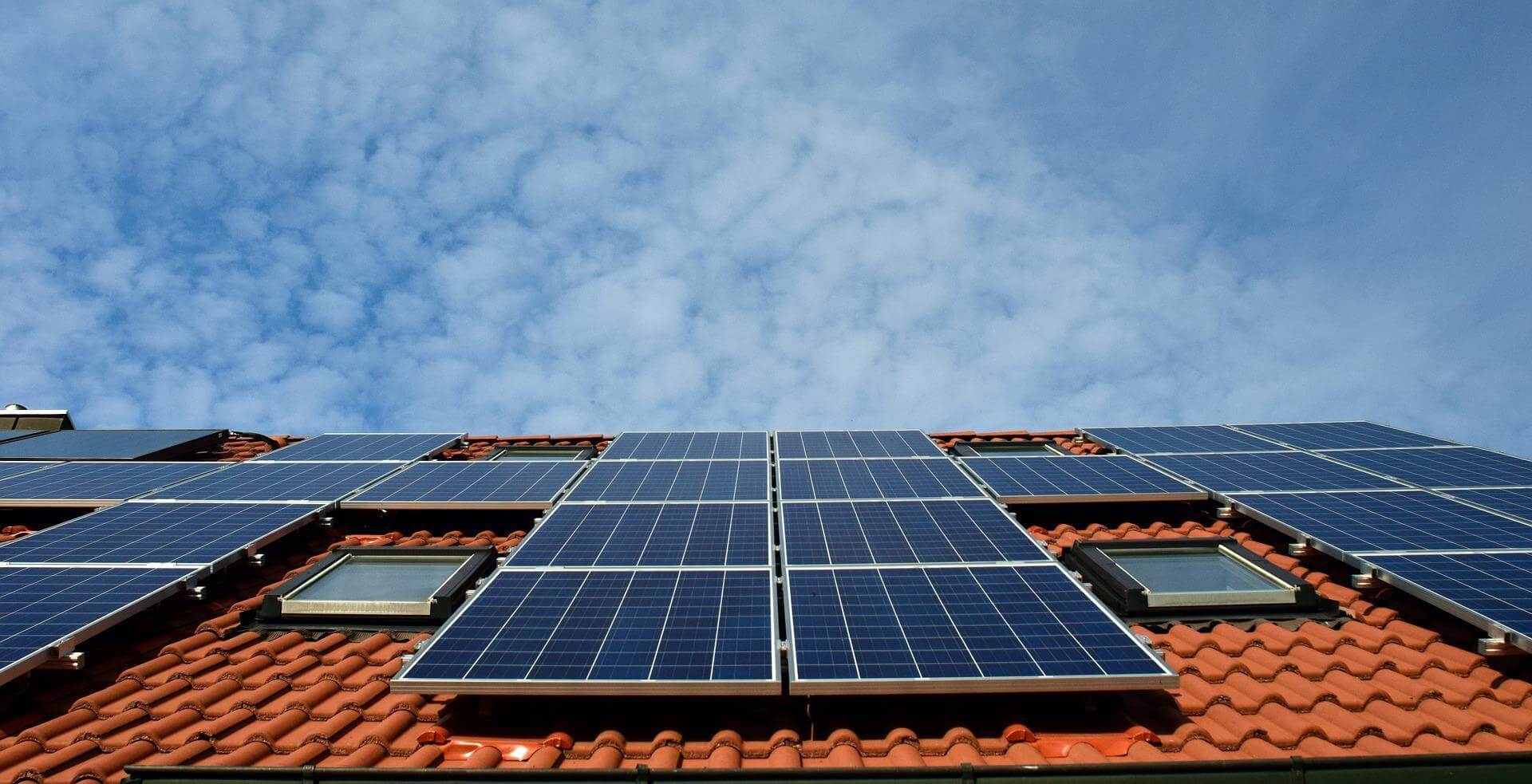 1. Best Price
1. Best Price
Oil supplies are unpredictable, and energy prices remain high. This cost increase includes the rising cost of electricity flowing through the grid. Fossil fuels’ global supply is finite but with Solar Energy, the sun won’t stop shining.
2. Savings
Solar Energy may have a higher upfront cost, but according to the National Renewable Energy Laboratory, going solar is a money-saver in the long term. Your home is more likely to feel the impact of oil shortages if you rely on the grid to meet your energy needs. But with solar energy, the panels installed on a rooftop surface utilize the consistent energy source of sunlight.
 3. Tax Benefits
3. Tax Benefits
According to the New York Times, California solar panels now produce electricity cheaper than natural gas and coal. Current California solar tax credits are helping homeowners maximize their savings from solar. If you would like to learn more about which solar energy tax credit is best for your home, talk to a local energy consultant.
4. Earn Money
Utilizing the grid leaves homeowners with a high fluctuation of costs depending on finite supply but with solar energy, there is an opportunity to earn money back. Net energy metering (NEM), or Net Metering, gives homeowners financial credit on their electric bills for any surplus energy fed back to their utility’s grid.
5. Reserve Energy
The benefits of having little reliance on the electrical grid allow solar homeowners to have power over their energy supply. There is an ease of worry about oil supplies and an ability to earn money back. With solar tax credits, solar is becoming more accessible with the help of initial costs.
Talk to an energy consultant today about your solar energy transition.
Sources:


